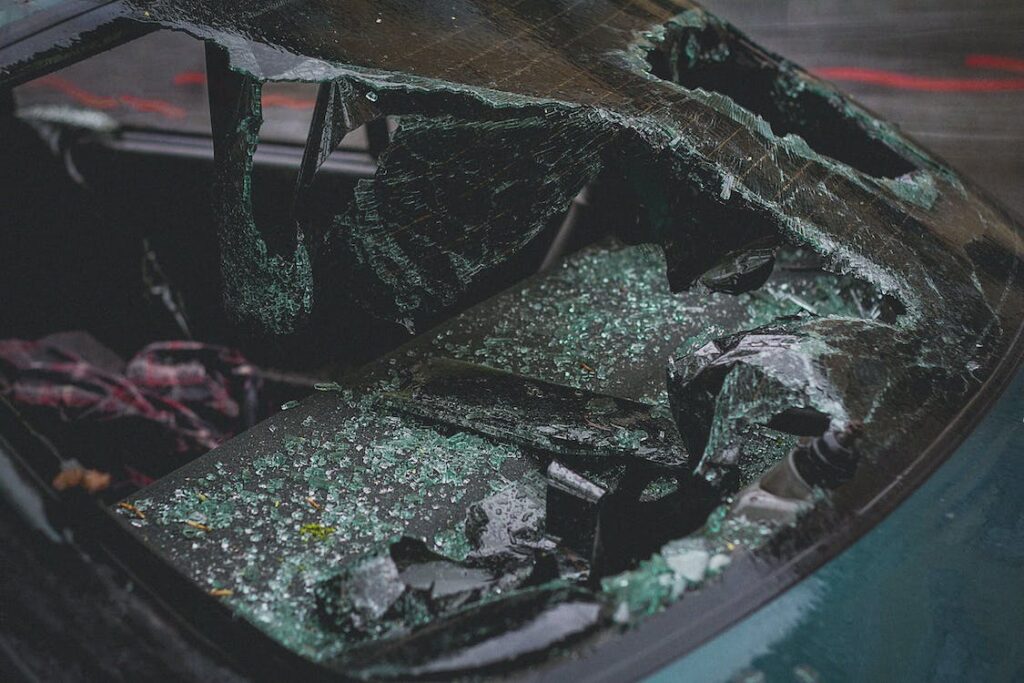In Arizona, personal injury lawsuits typically fall under the category of negligence. To have a successful case, you generally need to demonstrate that the other person’s actions were negligent and directly caused your injuries. This may involve showing that the other person breached a duty of care owed to you, and as a result, you suffered harm.
It’s important to note that Arizona follows a comparative negligence system, which means that if you are found partially at fault for the incident, your potential damages may be reduced based on your degree of responsibility. For example, if it is determined that you were 20% at fault for the road rage incident, any compensation awarded to you may be reduced by 20%.
To navigate the legal process and understand your rights, it’s recommended that you consult with an attorney who can evaluate the specifics of your case, gather evidence, and provide guidance on the best course of action. They can advise you on the relevant laws, statutes of limitations, and potential compensation you may be entitled to pursue.

Is road rage an intentional tort?
Road rage can potentially be considered an intentional tort, although it depends on the specific circumstances and actions involved. An intentional tort typically refers to a civil wrong where harm is caused to another person intentionally or with deliberate disregard for their safety.
Road rage generally involves aggressive or violent behavior exhibited by a driver towards another driver or individuals on the road. This can include actions such as aggressive tailgating, purposefully hitting another vehicle, making threats or using physical violence, or other dangerous behaviors.
If a person intentionally causes harm to another individual during a road rage incident, such as by intentionally ramming their vehicle or physically assaulting them, it could be possible to pursue a claim for intentional tort. However, proving intent can be challenging, and it may require gathering evidence and demonstrating that the actions were done with the specific intention to cause harm.
Auto insurance coverage for road rage incidents can vary depending on the specific policy and the insurance company involved. In general, standard auto insurance policies typically provide coverage for accidents and injuries that result from unintentional or negligent actions. Road rage incidents, on the other hand, involve intentional or aggressive behavior.

Are damages that arise from road rage covered by an auto insurance company?
Most auto insurance policies do not cover intentional acts or intentional damages caused by the policyholder. Road rage incidents often involve deliberate actions, such as purposefully hitting another vehicle or engaging in aggressive behavior towards another driver. In such cases, the insurance company may deny coverage for any damages resulting from the road rage incident.
However, it’s important to review the terms and conditions of your specific auto insurance policy and contact your insurance provider directly to understand the coverage and exclusions in your policy. Some policies may have specific provisions or optional coverage extensions that may provide limited coverage for intentional acts, but they are not typically included in standard policies.
If you were involved in a road rage incident and suffered injuries or damage to your vehicle, it’s recommended to report the incident to your insurance company and seek legal advice. An attorney can help you navigate the process, review your insurance policy, and guide you on the best course of action to pursue compensation.
